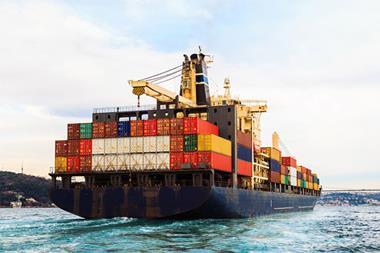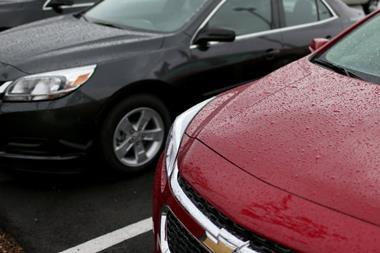A large majority of recalls emanate from packaging mistakes, which are costly, reputationally damaging and avoidable
Almost 50% of UK food recalls and 20% of US food recalls are wholly preventable, according to research by RQA Group. These are generally a result of packaging or labelling mistakes that trigger an allergen-related recall, which are costly and brand damaging to the food manufacturer as well as potentially dangerous for consumers.
Such recalls are not just a problem restricted to smaller companies with limited budgets. ’Never Event’ recalls occur in companies of all sizes including the largest multinationals.
The key to preventing these Never Events is to identify specific risk areas within food manufacturing where recalls originate and mitigate those risks, advises the report.
By taking specific actions, it should be possible to eliminate these unnecessary, costly recalls, and provide improved protection to the consumer.
Cross contamination is a risk that warrants specific action, it advises. ”Factories that produce a range of products and handle numerous allergens are always at risk of cross contamination, and so strict controls must be in place to minimise this risk,” says the report.
”With effective checks and validation, improved systems, commitment from senior management and a general culture of unfettered reporting, [Never Event] recalls can be fully prevented and the numbers of recalls in a year would be dramatically reduced,” says Vince Shiers, managing director, RQA Group.
”This would protect consumers and avoid the unnecessary and very high costs accompanied by negative brand impact that a recall can have on a food business.”




















No comments yet